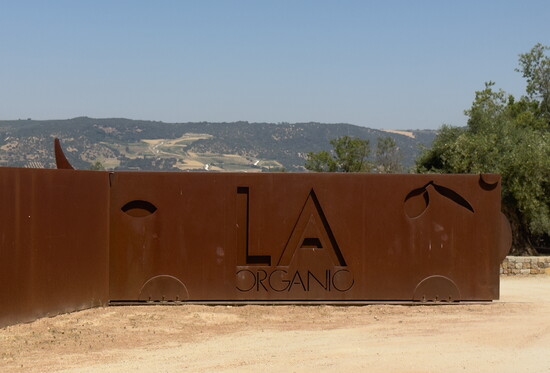For centuries, Spain has held the undisputed crown as the world’s foremost producer of olive oil, supplying approximately 45% of the global market and, in some years, more than half. This extraordinary dominance is not a recent achievement but the result of a cultural legacy rooted in the land itself. Across millions of hectares and over 300 million olive trees, Spain cultivates a product that is at once agricultural cornerstone, economic engine, and culinary treasure.
At the heart of this production lies Andalusia, where the province of Jaén has become synonymous with olive oil. Here, groves stretch across undulating hills in a landscape that seems painted in shades of silver and green. Olive oil sustains rural communities, creating livelihoods and preserving traditions that trace back through generations. Though exported worldwide, often as the silent star behind global blends, it is in Spain that the soul of olive oil is most deeply felt.
More than two centuries ago, in Ronda, one of Andalusia’s most storied and breathtaking cities, a community of nuns began to craft olive oil from the fruit of ancient trees. Their work was humble yet profound, demonstrating the devotion and artistry that still define Spanish olive oil today. In this sacred setting, olive oil was never merely an ingredient, it was an expression of heritage, care, and reverence for the land.
This devotion endures in contemporary projects like LA Organic Experience, a pioneering estate near Ronda dedicated to organic agriculture and the future of sustainable olive oil. Spanning 26 hectares of pristine countryside, the farm offers guests guided tours where nature, gastronomy, and art converge. Sculptures rise from the groves, walking paths open onto breathtaking vistas, and the journey culminates in tastings that reveal the nuanced beauty of organic extra virgin olive oil.
Visitors are invited to linger with a picnic among the trees or partake in “From the Garden to the Table,” savoring organic products grown on the estate. From October to January, the harvest becomes an immersive experience, guests beat the trees, gather olives, and even produce their own oil at the mill under expert guidance. It is both an education in ecological farming and a celebration of the timeless rhythms of the land.
If olive oil embodies Spain’s agricultural heart, design elevates it to an art form. In a remarkable collaboration, the world’s first olive oil museum, created by visionary designer Philippe Starck, offers a space where history and innovation intertwine. This avant-garde museum fuses oil production with art, architecture, and gastronomy, creating a sensory journey unlike any other. Here, visitors witness the transformation of humble fruit into liquid gold, while simultaneously engaging with contemporary artistic installations that honor olive oil as cultural heritage and culinary muse.
To taste Spanish olive oil is to taste centuries of resilience, devotion, and artistry. It is liquid history pressed from ancient groves, yet it continues to reinvent itself through sustainability and innovation. From the sacred beginnings in Ronda to the ecological frontiers of LA Organic Experience and the visionary museum of Philippe Starck, olive oil remains more than an essential ingredient, it is Spain’s enduring gift to the world, a golden thread weaving together land, tradition, art, and cuisine.
